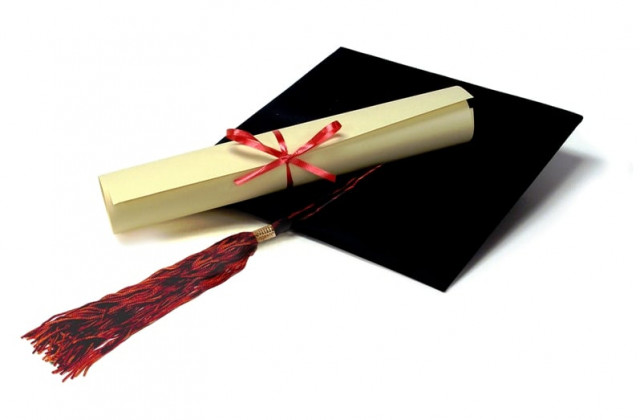First batch: 284 graduates ready to further the SIUT’s ‘humanitarian’ cause
The first batch of ‘physician assistants’ complete studies at SIUT’s institute of medical sciences.

"The situation in the education sector, like the health sector, is indeed tragic. Merit has been replaced by a very fancy English word - self-finance," SIUT director Prof Dr Adibul Hasan Rizvi. PHOTO: FILE
“We will not let a person die or lose out in the limbo because he cannot afford to pay for medical treatment or education,” he stressed in his address to the country’s premier batch of ‘physician assistants’ that graduated from the SIUT’s Sindh Institute of Medical Sciences (SIMS).
On Wednesday, SIMS held its first-ever convocation for a total of 284 graduates in medical technology. The graduates, equipped with expertise in the domains of nephrology, urology, radiology, as well as the sciences of critical care and clinical laboratories, have been working as an integral part of country’s health-care sector at the side of the physicians. “In terms of medical knowledge in their specific domains, they are as good as the graduates of top-notch medical colleges,” remarked Dr Rizvi proudly.

For these SIMS graduates, noted social worker Abdul Sattar Edhi, who is also a patron of the SIUT, had very simple advice. “Whatever profession you choose, be a human first, so that you can work for the benefit of your fellow human beings.”
The SIUT has been providing free quality healthcare without discrimination of creed, colour, language and religion for the last 40 years. Through the establishment of SIMS in the year 2007, the institute had, however, expanded its operations to providing free quality education to those Intermediate graduates, who could not afford the cost of education in private or public sector institutions.
Dr Rizvi lamented that education had not only become commercialised in the private sector, but also at public institutions that charged exorbitant fee in the name of self-finance schemes. “The situation in the education sector, like the health sector, is indeed tragic. Institutions have ended up being production factories as well as a great source of income,” he said. “Merit has been replaced by a very fancy English word - self-finance.”
Explaining the genesis of ‘physician assistants’, he said that he had a dream that a model should be created where bright young men and women could choose their own field of interest. “These young men and women are specialists in their own fields of medical science.”
Speaking about the ideology behind the SIUT, Dr Rizvi said that the institute was established around 40 years ago with the ideal that every human being had the right to quality healthcare with dignity. “Forty years are good enough to test a philosophy - we have been open round-the-clock, 24-hours-a-day, seven days a week during all those years.”
The SIUT was not an experiment, he insisted. “What we have been doing is very much doable, provided one believes that every human being has a right to access health and education with dignity.”
Former education minister Anita Ghulam Ali and journalist Zubeida Mustafa were the chief guests at the event.
Published in The Express Tribune, December 19th, 2013



















COMMENTS
Comments are moderated and generally will be posted if they are on-topic and not abusive.
For more information, please see our Comments FAQ